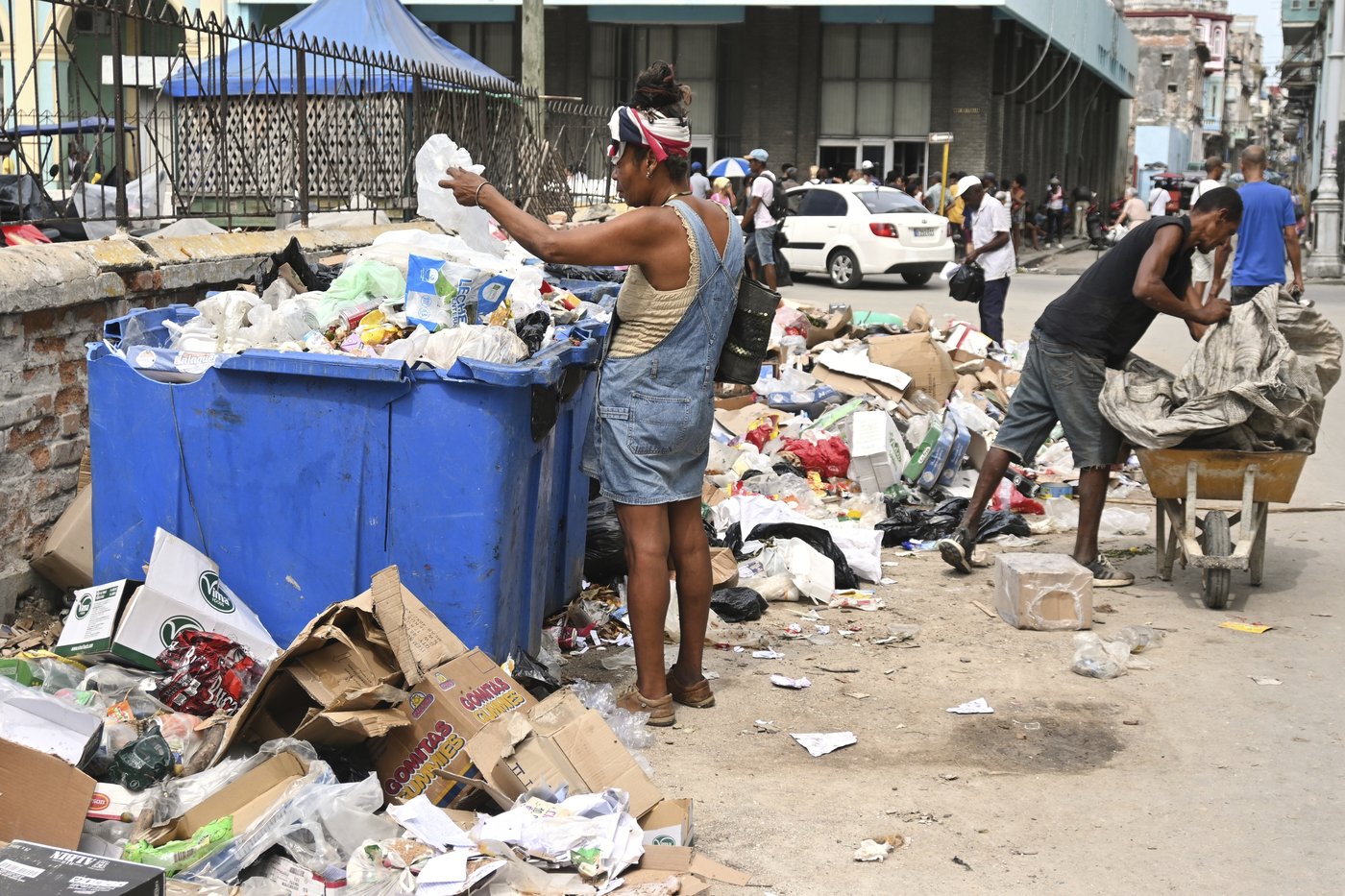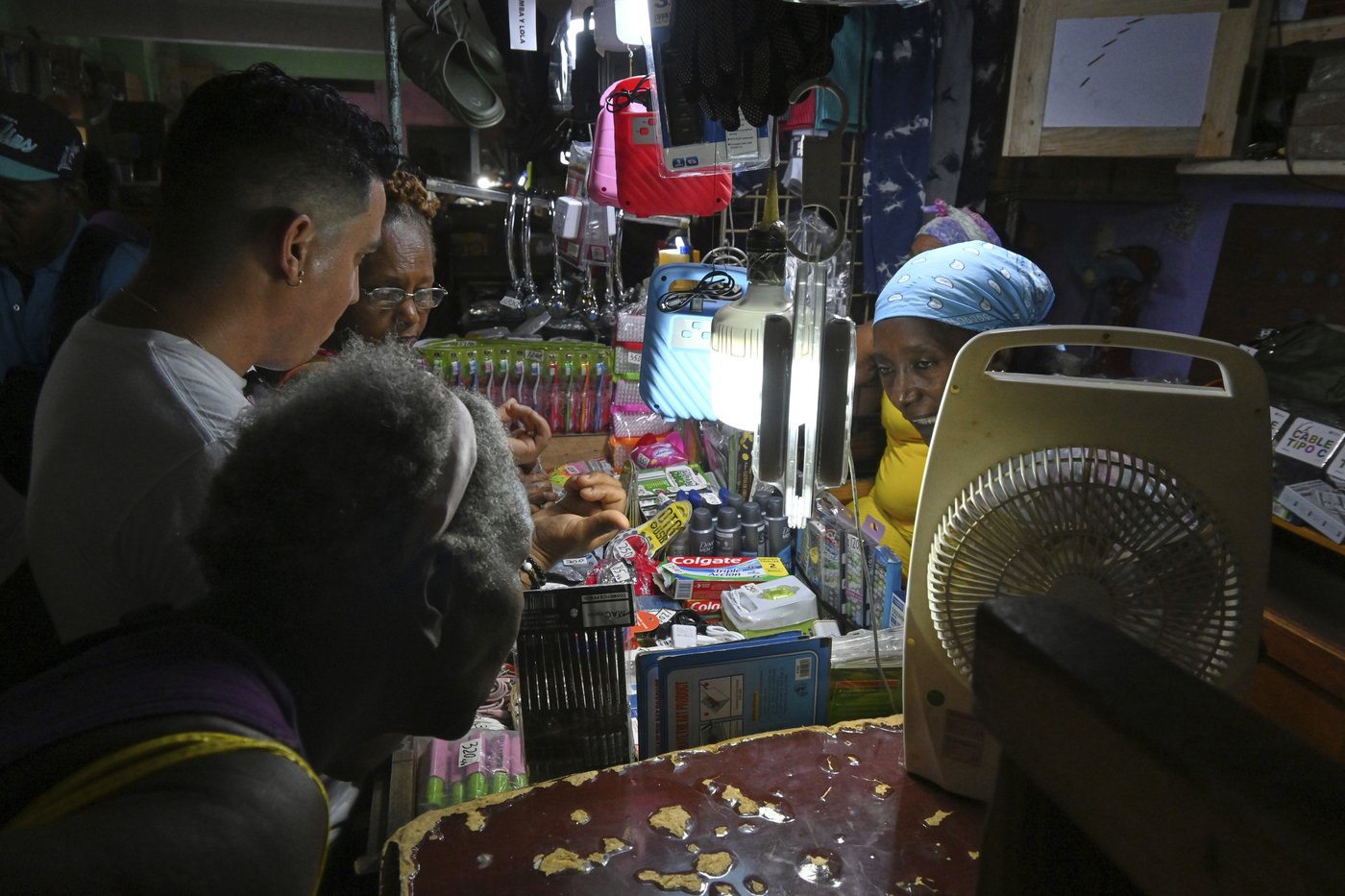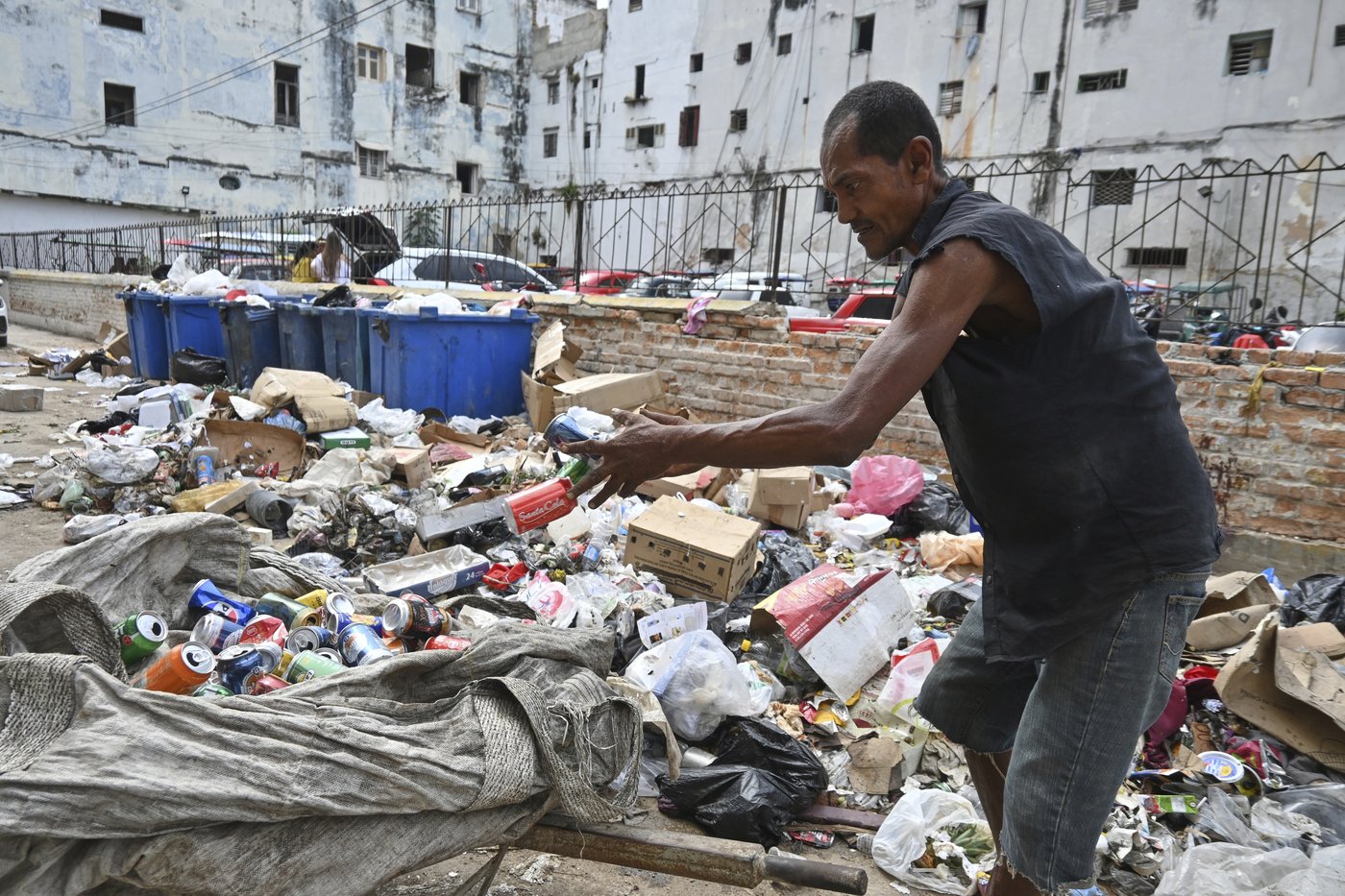Elevate your local knowledge
Sign up for the iNFOnews newsletter today!
Sign up for the iNFOnews newsletter today!
Selecting your primary region ensures you get the stories that matter to you first.

HAVANA (AP) — A Cuban minister sparked criticism Tuesday, including from the president, after saying that there are no beggars in Cuba, only people disguised as such, and suggesting that those who clean windshields at crossroads have an “easy” life.
Cuba’s Minister of Labor and Social Security, Marta Elena Feitó Cabrera, made the comments on Monday before deputies in a National Assembly committee. They went viral, prompting calls for Feitós’ impeachment and a wave of criticism in a country experiencing a tough economic situation in recent years.
The economic crisis in Cuba has increased social vulnerability and led to unusual scenes for the island, such as people — especially the elderly — begging or scavenging through garbage, or some cleaning windshields at corners.
“We have seen people, apparently beggars, (but) when you look at their hands, look at the clothes these people are wearing, they are disguised as beggars, they are not beggars,” Feitó said before the National Assembly committee. “In Cuba there are no beggars.”
She added that people cleaning windshields use the money to “drink alcohol.”

Feitó also lashed out against those who search through the garbage dumps. She said they are recovering materials “to resell and not pay tax.”
Without mentioning her name, but referring to the meeting at the National Assembly committee where Feitó participated, President Miguel Díaz-Canel said on his X account: “the lack of sensitivity in addressing vulnerability is highly questionable. The revolution cannot leave anyone behind; that is our motto, our militant responsibility.”
Until a few years ago, despite the poverty, there were no signs of begging or homelessness on the island thanks to benefits that have now been greatly reduced.
The pension of a retiree is about 2,000 Cuban pesos per month, roughly $5 on the informal market, and just under the cost of a carton of eggs. For those who don’t receive remittances from family abroad, it means going hungry.
Self-employed Enrique Guillén believes the minister is wrong and that some people do not see the situation clearly, and hopes the government will take action.

“They are elderly people who count on a pension that does not exist. They cannot even buy a carton of eggs. It is the reality we are living in Cuba,” Guillén said.
On Monday, island authorities reported that Cuba’s gross domestic product fell by 1.1% in 2024, accumulating a decline of 11% over the past five years.


This site is protected by reCAPTCHA and the Google Privacy Policy and Terms of Service apply.
Want to share your thoughts, add context, or connect with others in your community?
You must be logged in to post a comment.